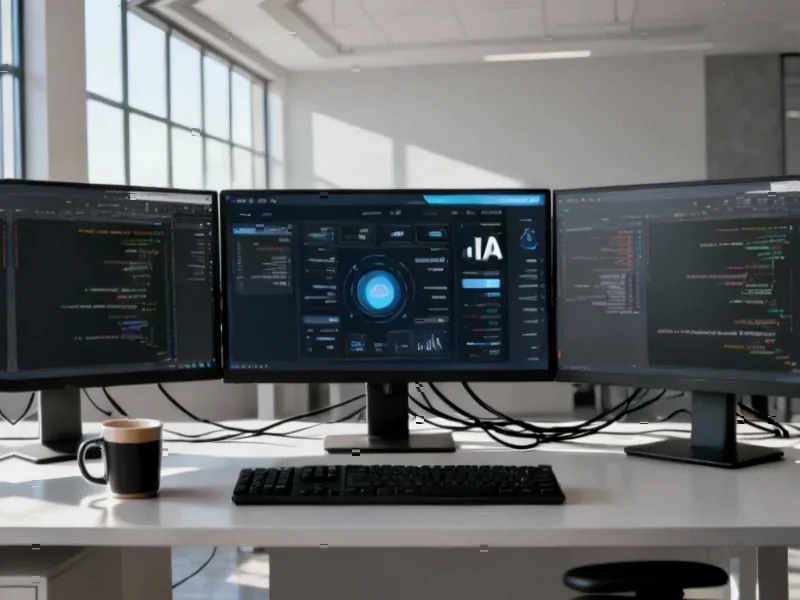According to TechCrunch, OpenAI’s Sora AI video generator is now officially available on Android in the US, Canada, Japan, Korea, Taiwan, Thailand, and Vietnam after initially launching on iOS in September. The iOS version quickly hit the top of the App Store charts and amassed over 1 million downloads in just one week. The Android version keeps all the same features including the “Cameos” function that lets users generate videos of themselves performing various activities. The app has faced criticism for deepfake issues, particularly after users uploaded disrespectful videos of historical figures like Martin Luther King Jr. OpenAI recently changed its policy from opt-out to opt-in for copyrighted characters like SpongeBob and Pikachu. The company is also involved in a legal dispute with celebrity video maker Cameo over the name of Sora’s flagship feature.
<h2 id="android-expansion”>The Android Gold Rush
This Android expansion is huge for Sora‘s growth trajectory. Think about it – Android dominates market share in many of these regions, especially in Asia. That 1 million downloads in a week on iOS? That’s probably just the warm-up act. Now they’re tapping into the massive Android user base, and we’re likely looking at download numbers that could make those initial figures look quaint.
But here’s the thing – scaling this fast comes with serious growing pains. The deepfake controversies around historical figures weren’t just minor hiccups. They exposed how quickly this technology can be weaponized. When you put powerful AI video generation in millions of hands, you’re basically handing out digital superpowers. Some people will use them responsibly, others… not so much.
The Moderation Tightrope
OpenAI’s response to the MLK situation shows they’re at least aware of the problem. Pausing generation of content depicting Dr. King and strengthening guardrails is a start. But it feels reactive rather than proactive. The copyright policy shift from opt-out to opt-in is another step in the right direction, but it came after backlash.
And that legal dispute with Cameo over the feature name? That’s just the beginning. As Sora grows, we’re going to see more of these IP clashes. Basically, every popular character, celebrity, and brand is now potentially fair game for AI recreation unless explicitly protected.
Taking on TikTok and Meta
The social feed aspect is where this gets really interesting. Sora isn’t just another AI tool – it’s trying to become a social platform. That TikTok-like feed for discovering and engaging with AI-generated content? That’s a direct shot across the bow of existing short-form video giants.
Meta just launched its own AI video feed called Vibes, and now Sora’s expanding aggressively. We’re watching the beginning of the AI social media wars. The planned features like character cameos for pets and objects, plus basic video editing tools? Those could be game-changers for everyday creators who don’t have professional editing skills.
OpenAI’s release notes hint at even more customization coming, letting users focus their feeds on selected individuals rather than mass content. That’s smart – it acknowledges that quality might beat quantity in the AI content space.
The Road Ahead
So where does this go from here? The expansion announcement feels like just the opening move. With the copyright policy adjustments and new features in development, OpenAI is clearly iterating fast.
But the big question remains: Can they scale both the technology AND the moderation simultaneously? Because if the deepfake and copyright issues keep piling up, no amount of cool features will save them from regulatory scrutiny and public backlash. The race isn’t just about who can build the best AI video generator – it’s about who can build it responsibly at scale.




